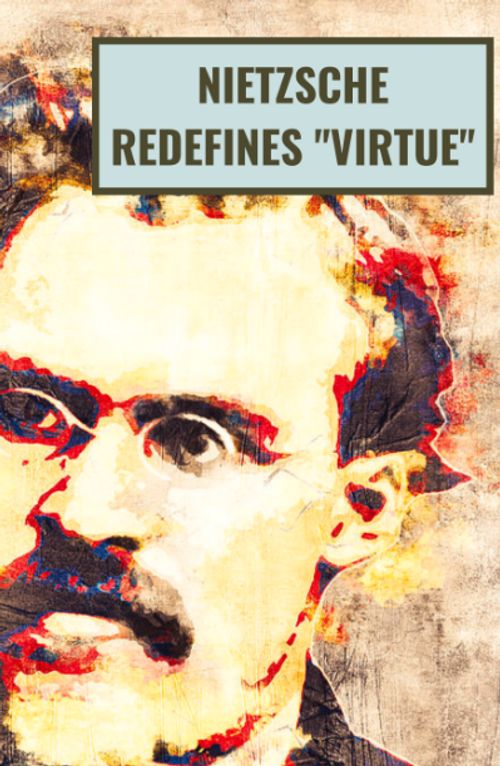Why Democracy is an Enemy of Virtue
Jun 18, 2022 · 2 mins read
0
Share

Nietzsche writes that society traps us in "small virtues." Great virtues are at odds with the rationality, weakness, and risk-aversion of the average man. In his paper Why Democracy is an Enemy of Virtue, professor Lester Hunt digs into the Nietzschean redefinition of virtue 👇
Save
Share
Nietzsche: "If you have a virtue and she is your virtue, then you have her in common with nobody." For Nietzsche, virtues are like achievements; they're worth less when you share them with others. A great virtue is a great man's possession and pride - he doesn't want to share it.
Save
Share
Nietzsche: "Virtue has all the instincts of the average man against it: it is unprofitable, imprudent, it isolates." Nietzsche would consider taking extreme risk as a great virtue - but this is certainly isolating. Not something common sense would call prudent or profitable.
Save
Share
Nietzsche on virtue: "It is related to passion and not very accessible to reason; it spoils the character, the head, the mind - according to the standards of mediocre men." Rationality doesn't lead to virtue. To pure reason, Nietzschean virtue looks strange and even stupid.
Save
Share
Aristocratic virtue is anti-social: "It rouses to enmity toward order, toward the lies that are concealed in every order, institution, actuality." Where did aristocratic, costly, non-utilitarian virtues come from? Definitely not from society - but from a higher type, the masters.
Save
Share
Society is "weakly utilitarian" in its morality. Acts that "increase the well-being of the entire group" are stamped as virtuous. But Nietzsche isn't interested in distributing average lukewarm comfort to billions; he wants to see singular beings scale great unfathomable heights.
Save
Share
Justice v/s Mercy: a society imprisons a criminal in the name of justice. But a King can, drawing from his unchecked power, mercifully pardon him. Nietzsche: "No bench of judges may conscientiously practice mercy: this privilege is reserved to the king as an individual."
Save
Share
The Handicap Principle is at play when an organism willfully harms itself to demonstrate that its resilient. Nietzsche explains this mindset: "I am sufficiently powerful to put up with a palpable loss, this is a proof of my power."
Save
Share
In a democracy, the politicians are always answerable to the people. Even the billionaires are understood to have a social responsibilities. Therefore, democracy is "inimical to exemplary virtue" because it abolishes "non-answerable privilege."
Save
Share
Democracy preaches "surrender and resignation and prudence and industry and consideration and the long etcetera of the small virtues." People who are suffocated by this should reject these "small prudences, the grain-of-sand consideration, the 'happiness of the greatest number.'"
Save
Share
0